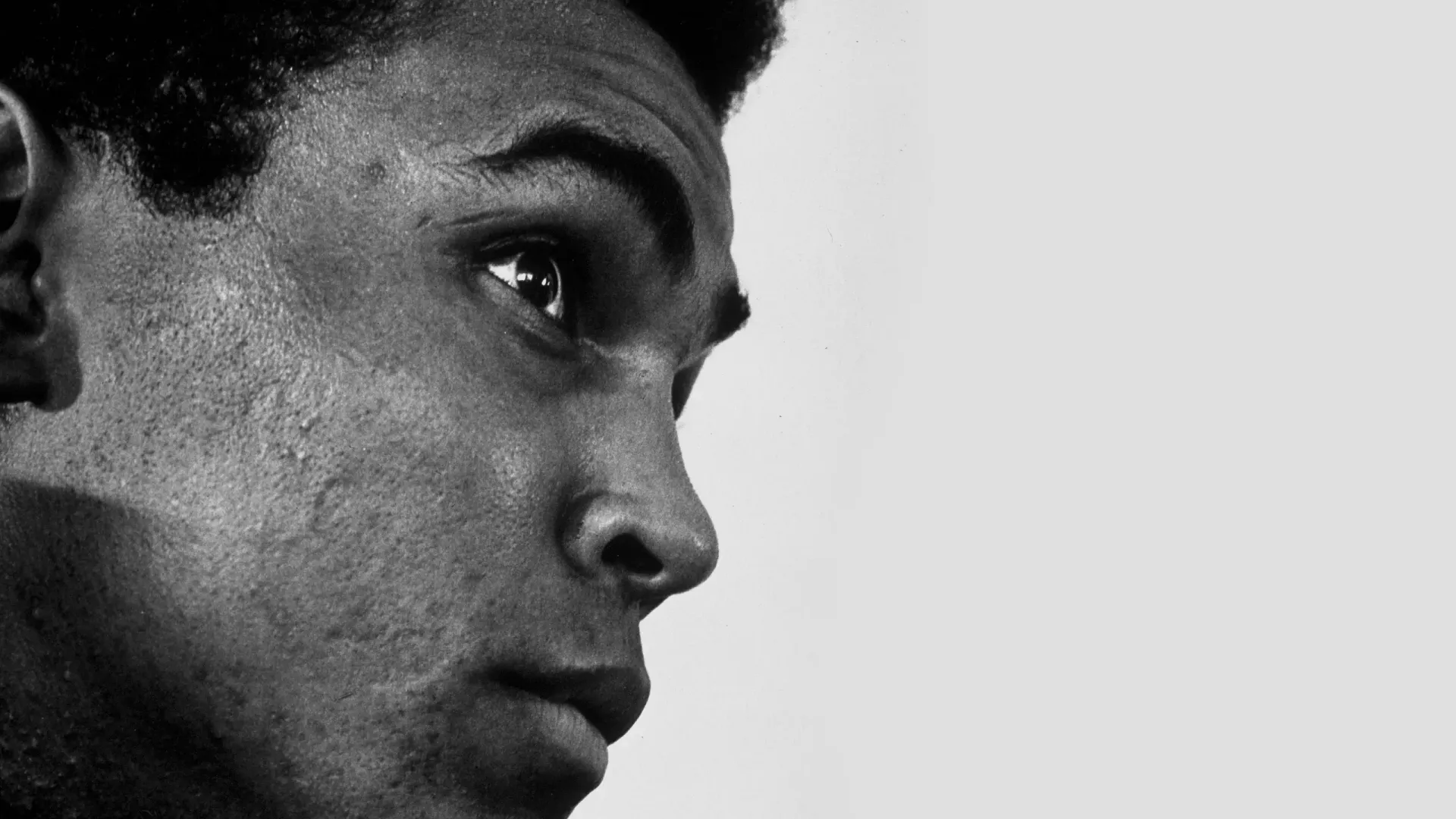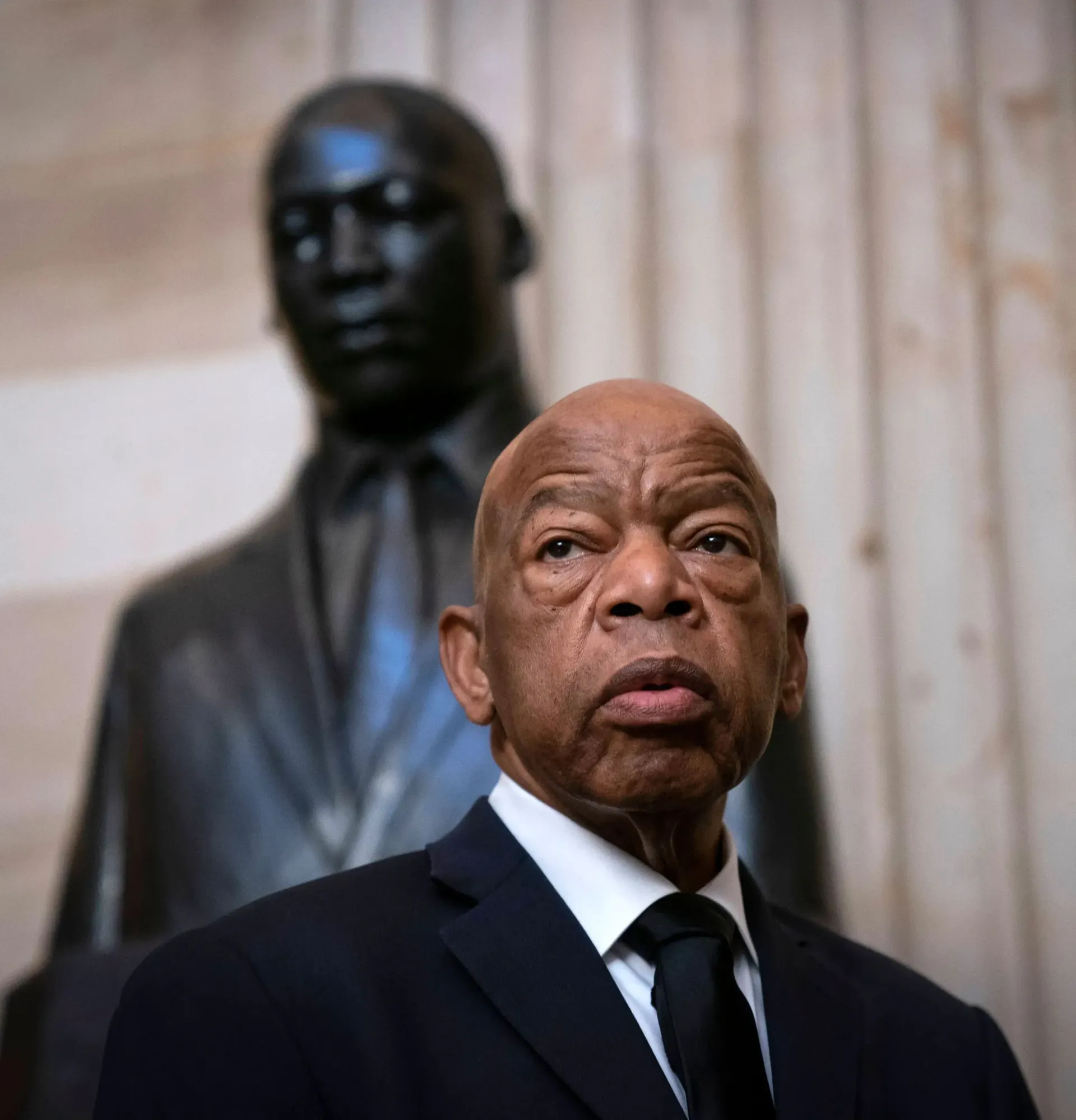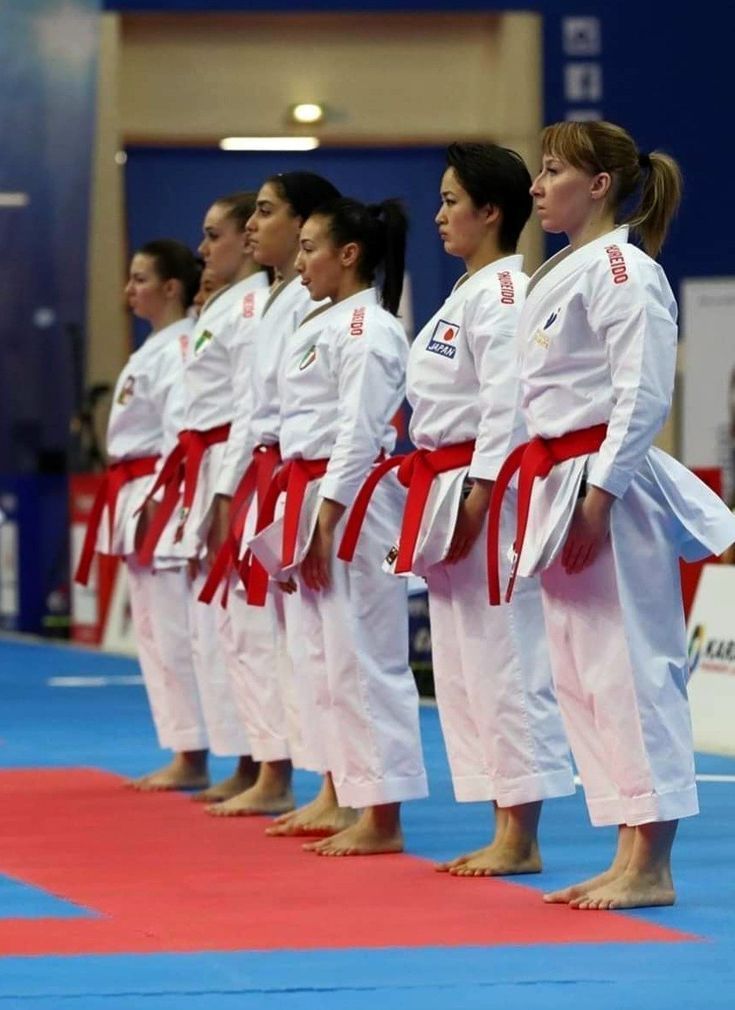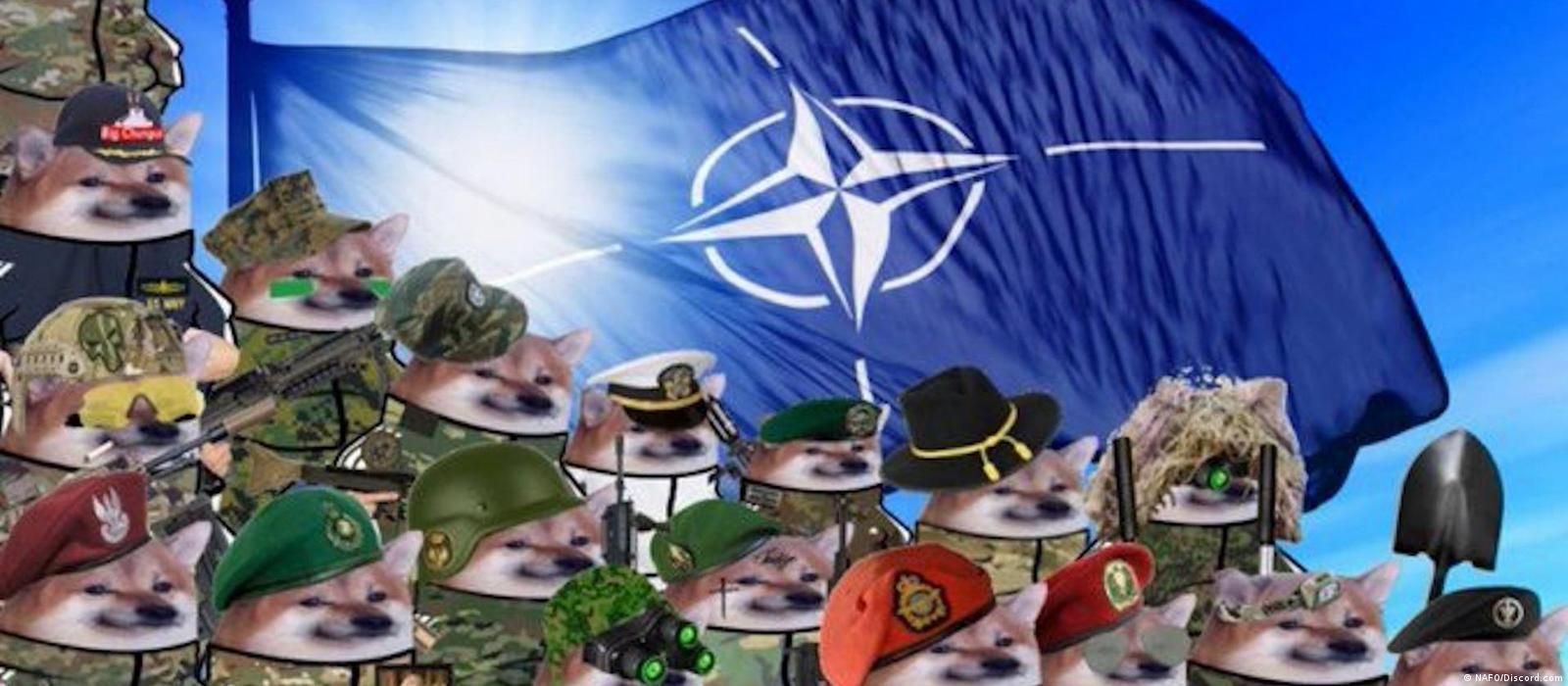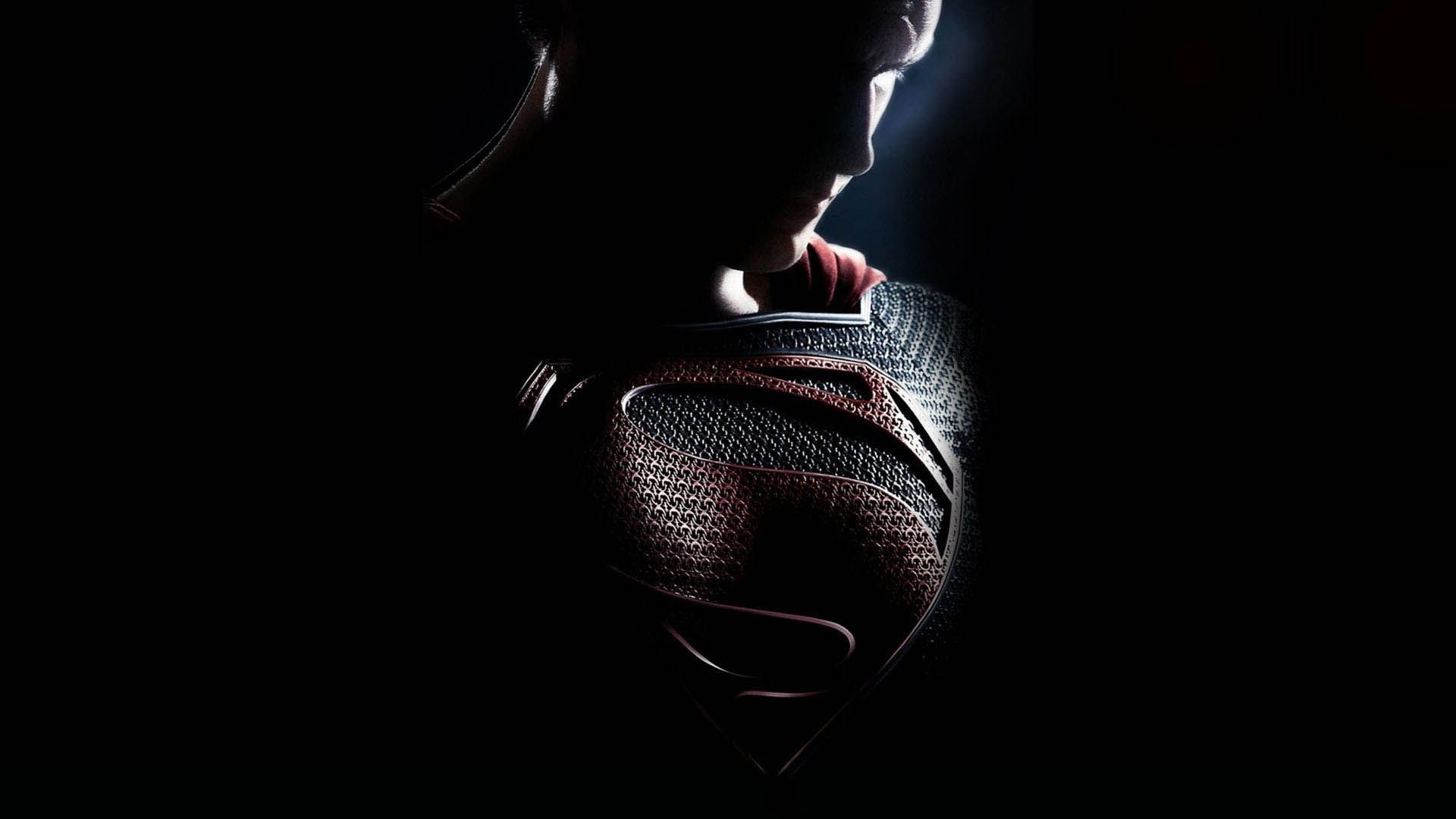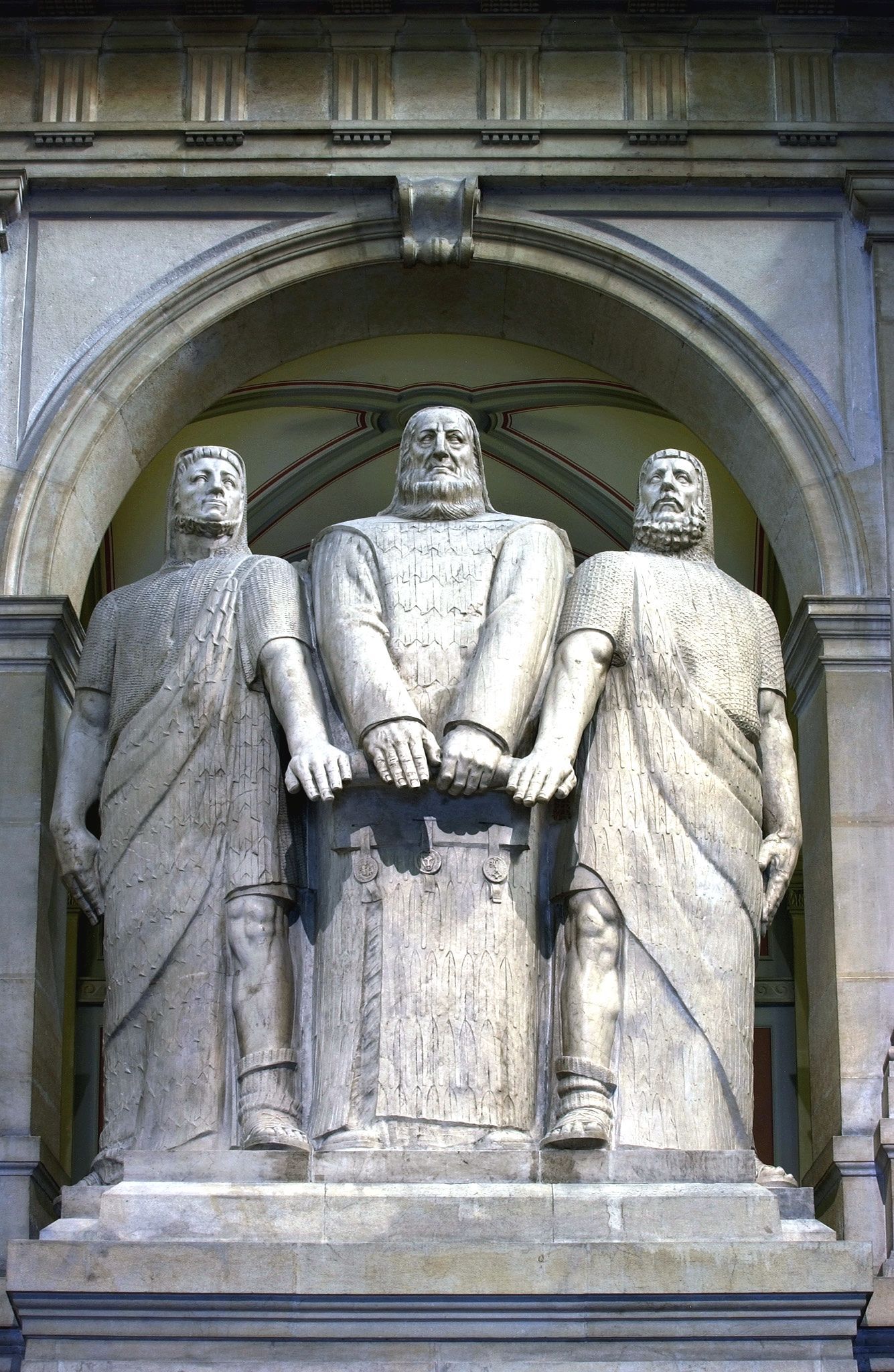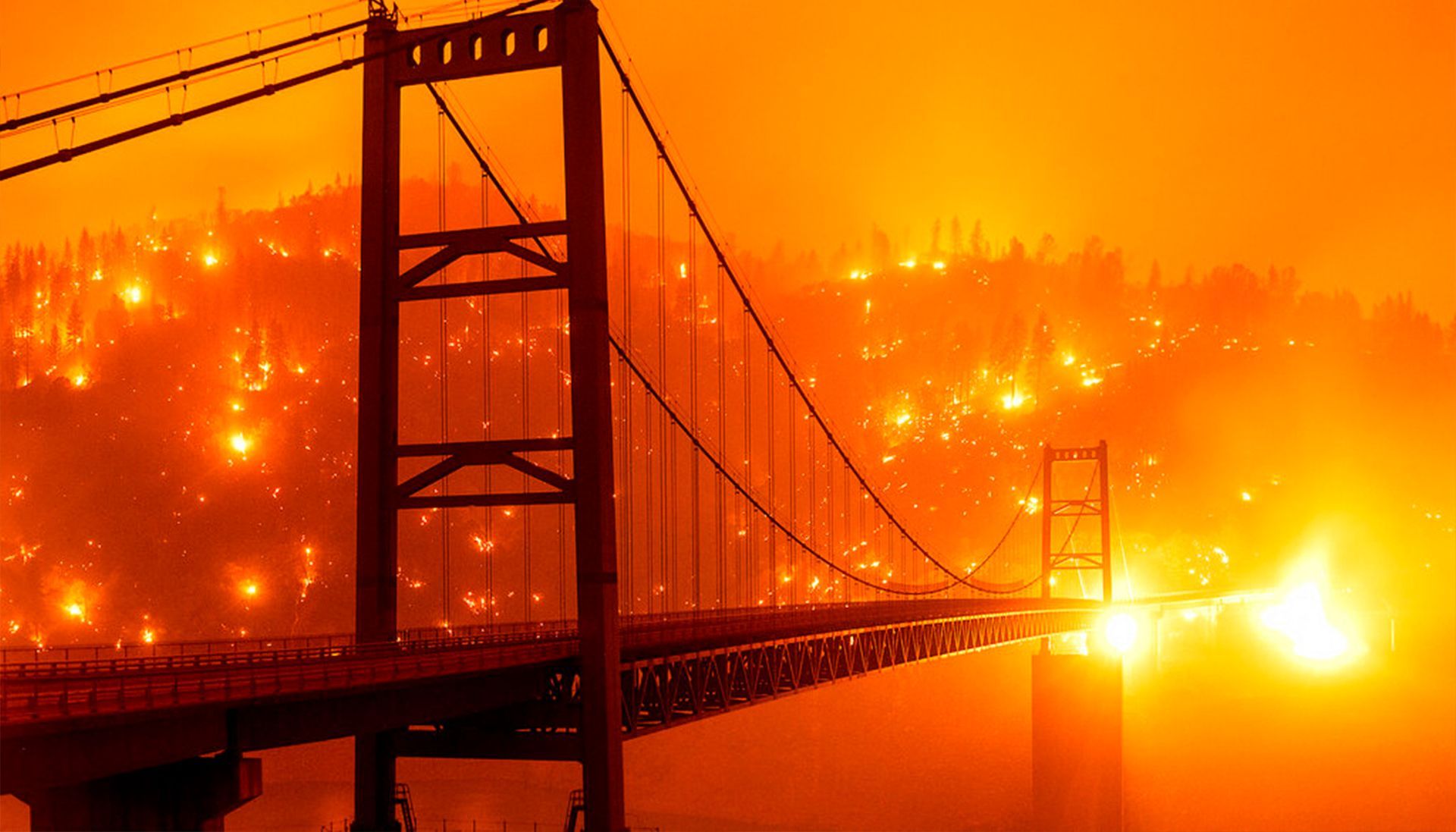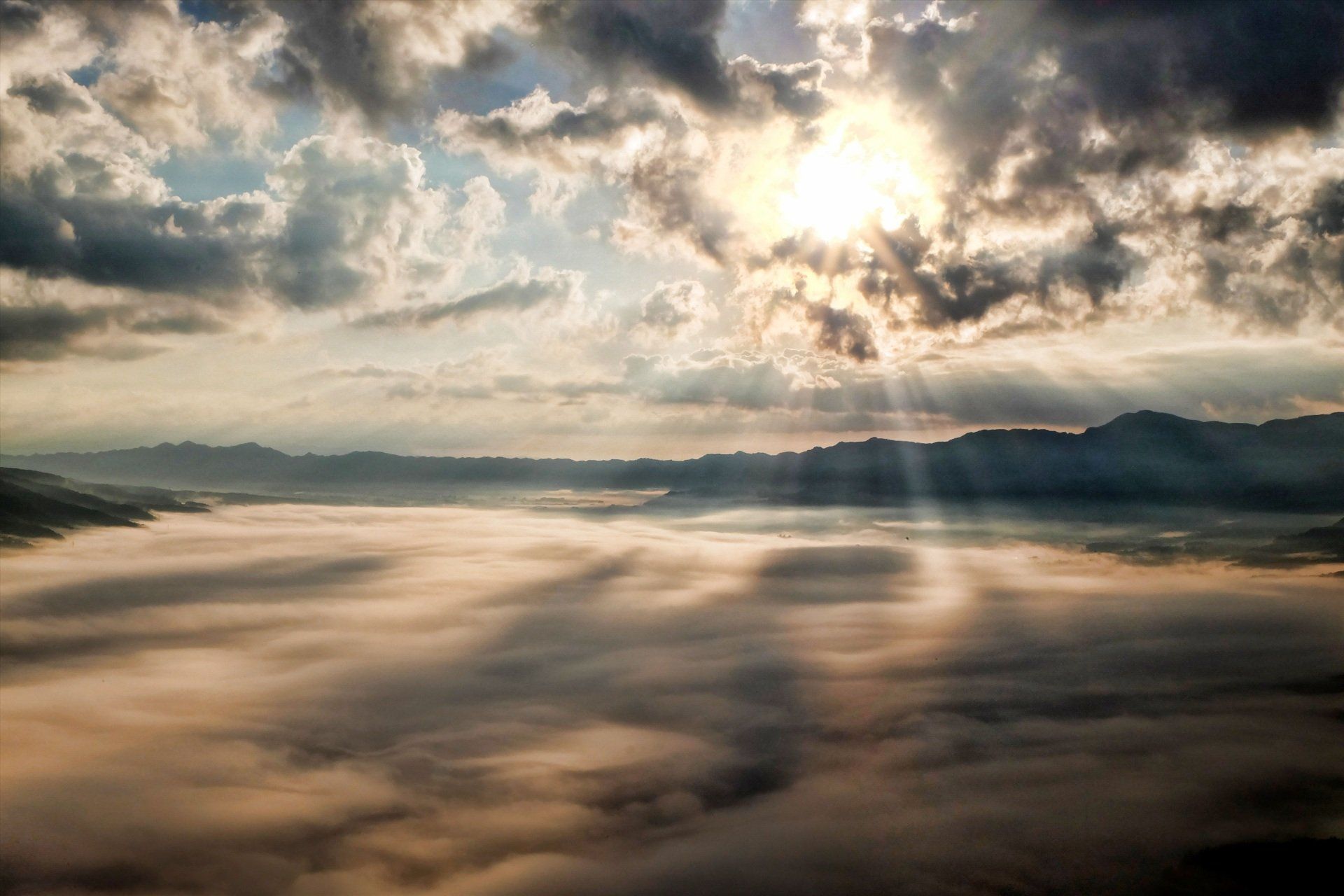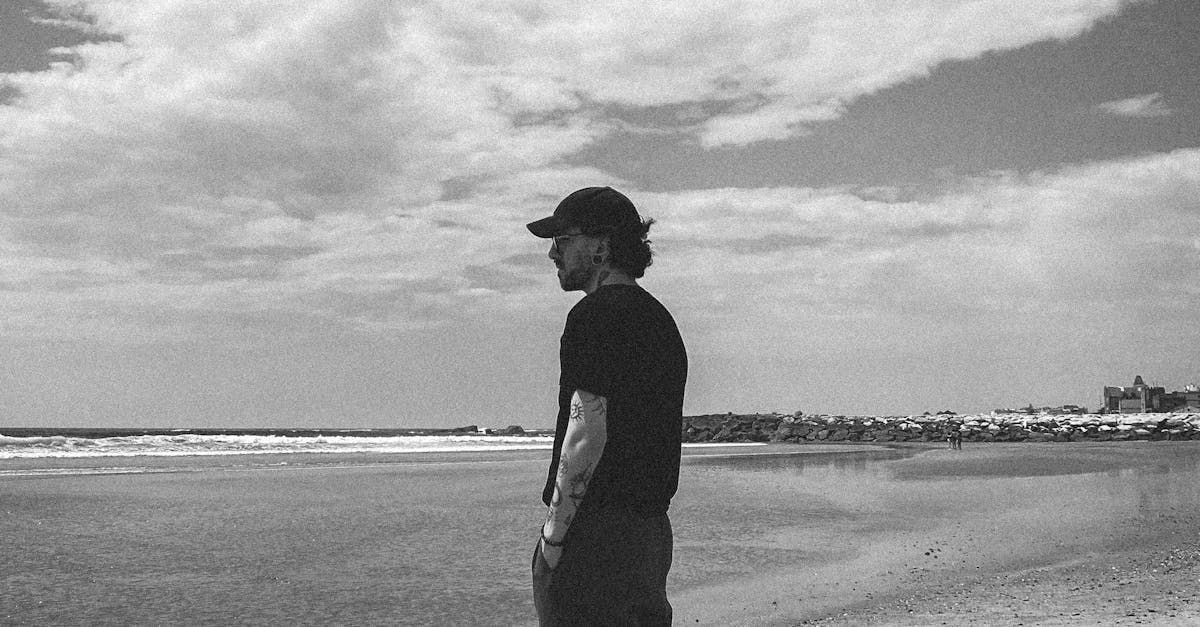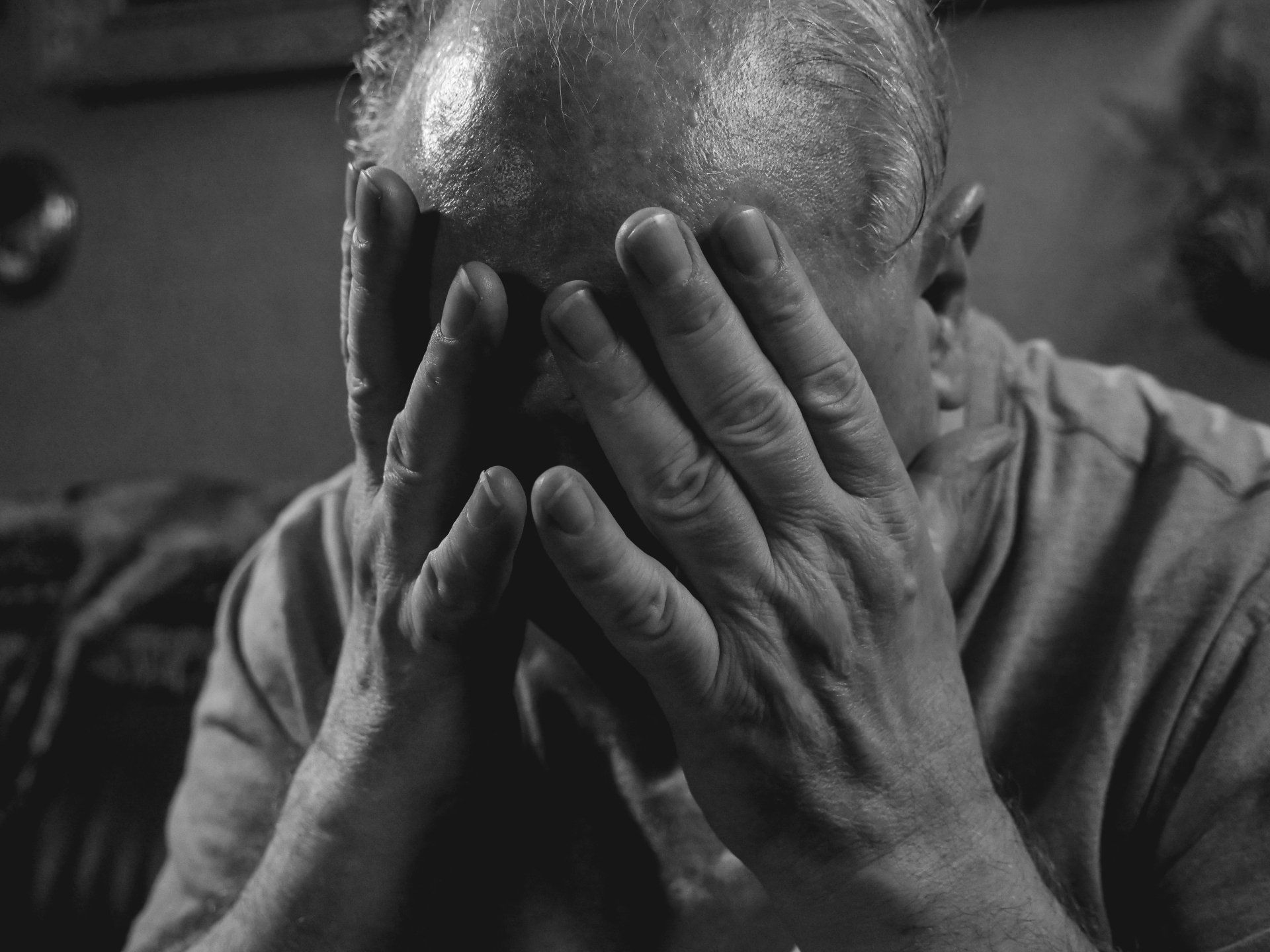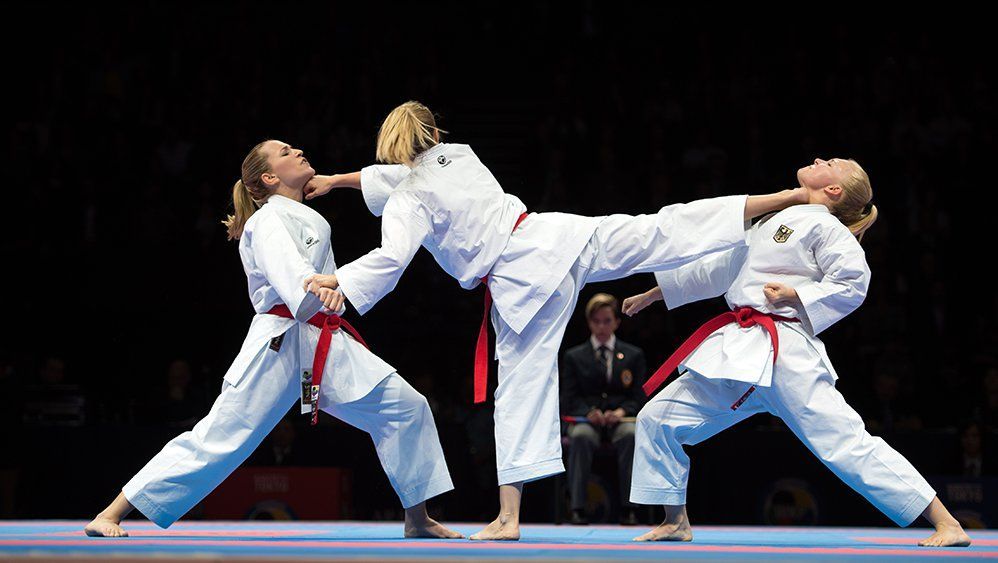The Erosion of Democratic Discourse: When Fear Silences Voices
The suppression of the democratic process through implicit and explicit threats of violence
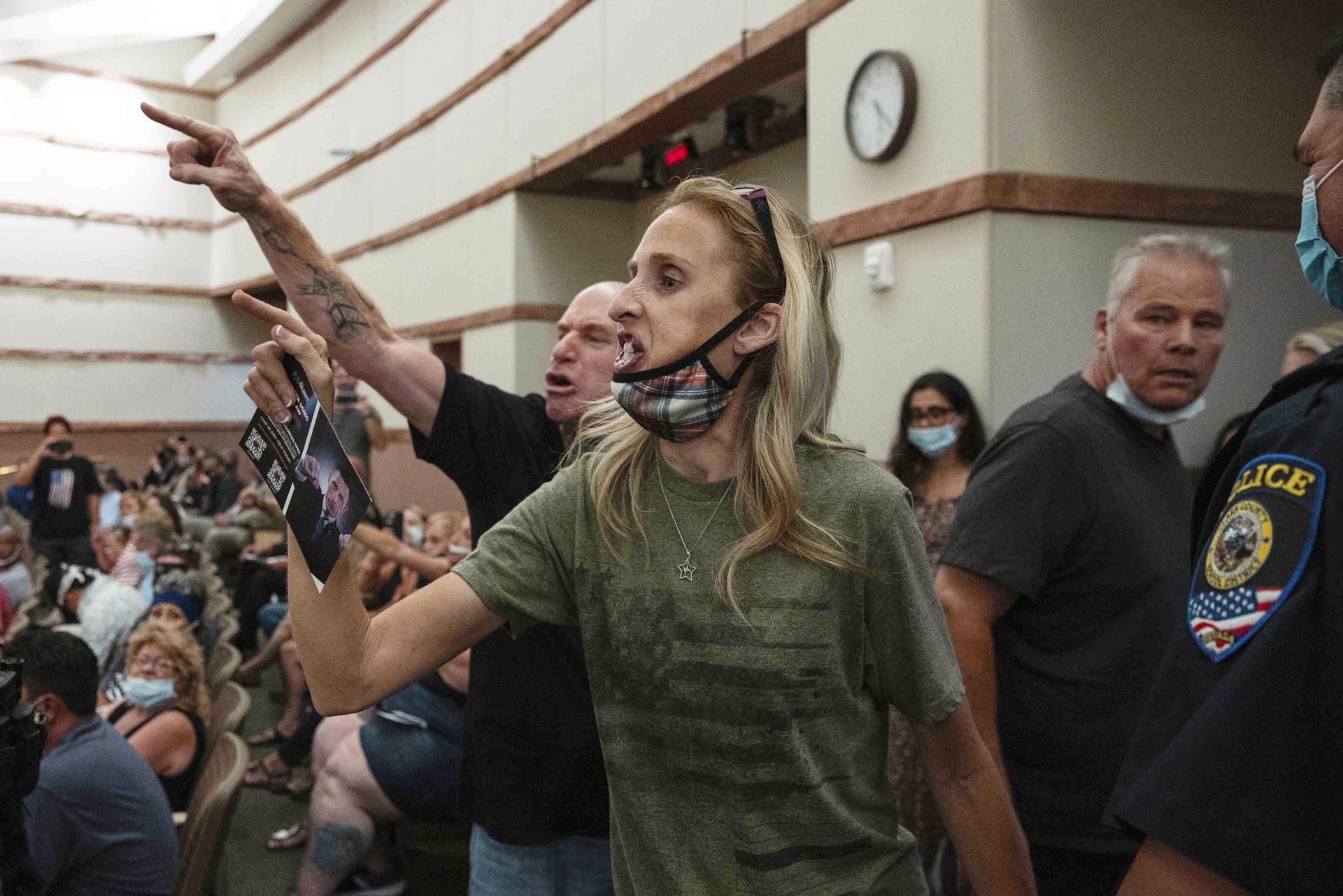
I can't stop thinking about school board meetings. Town halls. Local democracy dying not with a bang but with screams.
Watch the pattern: Twenty people show up to discuss curriculum. Three extremists arrive and start shouting. Everyone else goes quiet. Not because they agree, but because they're afraid. The meeting gets shut down or hijacked. The extremists win. Democracy loses. Repeat next month.
We've all seen it happen, whether it's MAGA zealots screaming about masks or neo-Nazis marching through German towns. The specifics change but the mechanism stays the same: a small group of aggressive people dominate a much larger group through implicit threat. They don't have to throw punches. Their rage, their willingness to escalate, their barely-contained violence - that's enough. Normal people have jobs, families, responsibilities. They can't afford to get hurt. So they stay quiet.
This is how democracy actually dies. Not through coups or revolutions, but through the systematic silencing of reasonable voices by unreasonable people. When the cost of speaking up includes potential violence, most people choose silence. Can you blame them? The PTA mom who objects to book banning doesn't want to worry about her tires being slashed. The teacher who supports comprehensive education doesn't want death threats. So they self-censor. They stay home. They let the extremists dominate.
I keep coming back to that Croatian summer I wrote about. Those 250 martial artists changed an entire town's energy just by existing. Not through action but through capability. The usual troublemakers suddenly weren't so brave when they couldn't count on everyone else being helpless. The implicit threat that bullies rely on - "I might hurt you and you can't stop me" - evaporated.
Here's what I'm starting to understand: extremists are cowards. They only act out when they believe there won't be consequences. They target school board meetings precisely because they know it's full of regular people who won't fight back. They pick spaces where their implicit threat works best - where good people are most vulnerable.
But imagine a different scenario. Same school board meeting, same twenty reasonable people discussing curriculum. Same three extremists show up to disrupt. Except this time, half the room has black belts. The energy changes completely. The extremists start their usual screaming and suddenly realize - wait, that mom in the third row moves like a fighter. That teacher has cauliflower ear. The guy taking notes has hands that have hit things.
The extremists don't know who's trained and who isn't. They can't calculate odds anymore. Their whole strategy relied on everyone being helpless, and suddenly that's not guaranteed. Maybe they quiet down. Maybe they leave. Maybe they try their usual disruption and find themselves in an armlock until they calm down. Either way, the meeting continues. Democracy functions.
This isn't about creating vigilantes or turning town halls into fight clubs. It's about breaking the monopoly on potential violence that extremists rely on. When they can't count on being the only ones willing to get physical, their entire strategy collapses. They're bullies, and bullies need victims. Take away the victims, you take away their power.
But here's what I'm wrestling with: martial arts training alone isn't enough. You need the physical capability, yes, but also the wisdom to use it correctly. The judgment to know when to act and when to stay calm. The discipline to use exactly the force needed and no more. The commitment to protecting democratic process, not just winning fights.
That kindergarten teacher who puts a disruptor in an armlock needs to know how to do it without causing permanent damage. She needs to release the moment he calms down. She needs to help him save face afterward so the cycle doesn't escalate. This requires training not just in technique but in philosophy, in de-escalation, in the ethical use of force.
I'm also realizing this connects to everything I've been writing about. The Codex isn't just about values - it's about capability. The confederacy of values needs to be a confederacy of capable people. Honor and integrity mean nothing if you can't defend them. Noble ideals require noble defenders.
The extremists understand this. They organize. They train. They share tactics. They protect each other. Meanwhile, good people remain isolated, untrained, vulnerable. We've been bringing philosophy to a physical fight. No wonder we're losing.
But imagine if we changed that. If martial arts became as common as driving. If every community had trained, capable people who could shut down disruption and protect democratic process. If the implicit threat of extremist violence was met with the implicit capability of community defense.
This isn't some utopian fantasy. It's what that Croatian town had for one summer. It's what every healthy society throughout history has had - citizens capable of defending their values physically as well as philosophically. We've just forgotten, convinced ourselves that being civilized means being helpless.
The technical term for what extremists do is "heckler's veto" - using disruption to silence speech they don't like. But it only works when the hecklers are the only ones willing to get physical. Change that dynamic, and you change everything.
I know this sounds extreme to modern ears. We've been conditioned to think violence is always wrong, that physical confrontation is primitive. But that conditioning benefits the violent. It ensures they face no consequences. It guarantees their tactics will work.
The truth is harder: sometimes physical capability is necessary to preserve peace. Sometimes the threat of consequences is what prevents violence. Sometimes the only thing that stops a bully is someone willing to be a bigger bully back - but only when necessary, only proportionally, only in defense of others.
This is what I glimpsed in Croatia but couldn't fully articulate. It's taken weeks of watching democracy get disrupted, of seeing good people silenced by bad ones, to understand what was different that summer. It wasn't just the martial arts. It was the complete inversion of the fear dynamic. The extremists were afraid of the community instead of the other way around.
We need that inversion desperately. Every school board meeting disrupted, every town hall hijacked, every democratic process derailed by extremist intimidation is another step toward authoritarianism. Not because the extremists are winning arguments, but because they're preventing arguments from happening at all.
The solution isn't political or philosophical. It's physical. We need a society where enough people are trained, capable, and willing to defend democratic process with controlled force when necessary. Where disrupting a meeting carries immediate consequences. Where the implicit threat of extremist violence meets the explicit capability of community defense.
I'm still working through the implications of this. It challenges everything we've been taught about civilized society. But watching democracy die because good people are too afraid to speak? That's not civilized. That's just surrender with extra steps.
More pieces are falling into place. The Codex, the confederacy, the nobility of merit - they all require this physical component. Not as the primary focus but as the non-negotiable foundation. You can't build anything lasting on a foundation of fear.
The extremists know this. That's why they use violence and its threat so effectively.
Maybe it's time we remembered it too.

